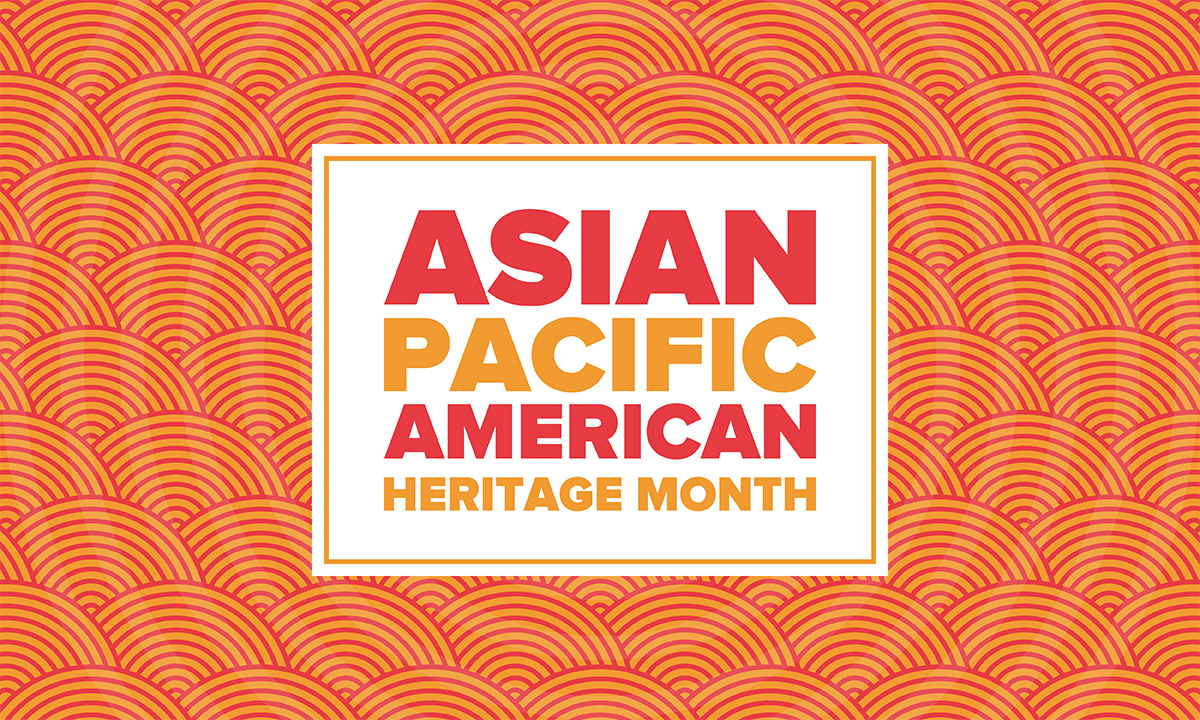In celebration of Asian American Pacific Islander Heritage Month, the Orange County Department of Education (OCDE) announced the completion of three model curriculum projects — the Cambodian American Studies Model Curriculum, Hmong History and Cultural Studies Model Curriculum, and Vietnamese American Experiences Model Curriculum. Each of these curricula will be made available in September 2024.
The county office accompanied the announcement with a series of three webinars throughout May focused on each curriculum. The webinars featured presentations by experts on critical subjects including ethnicity, language, war, diaspora and community-building. The webinars are intended to provide the foundational knowledge to prepare educators for implementation of the model curricula in their local educational agencies. Each of the curricula will also be supported by rollout conferences in locations throughout the state.
The curricula will include lesson plans, primary source documents, planning resources, teaching strategies and professional development activities to assist educators.
“While not mandatory for any school or district, these projects will serve as comprehensive guides for educators, ensuring consistency and quality in teaching key subjects,” said Marika Manos, OCDE history and social science manager. “By sharing these curricula, educational institutions can facilitate collaboration and best practices among teachers, promoting a more standardized and effective approach to instruction. Additionally, the model curriculum projects offer a framework for addressing diverse student needs and perspectives, helping to promote cultural understanding and representation in the classroom.”
Creating the curricula
OCDE was awarded a grant through Assembly Bill 167 (2021), which amended California education code for the development and maintenance of model curricula relating to the Vietnamese American refugee experience, the Cambodian genocide, Hmong history and cultural studies, and Native American studies (this last grant went to Humboldt County Office of Education).
OCDE worked with members of the community, researchers and educators to inform the development of the model curriculum. Community was especially important when considering how the lived experiences of a group should inform how its history is taught locally. OCDE collaborated with relevant community organizations to host more than 20 community engagement sessions per curriculum to gather input. By actively involving the community in the development process, OCDE sought to foster inclusivity, understanding and transparency.
“OCDE recognized the importance of community engagement and utilized various avenues to encourage participation. In 2023, OCDE welcomed 631 participants to the sessions, and in 2024, attendance grew to 698,” Manos said. “As the engagement sessions unfolded, participants had the unique opportunity to share their insights, ensuring that the drafted lesson topics and areas of study resonate authentically with their experiences. This process not only ensured that the curricula were accurate and relevant but also built a sense of community ownership and trust in the educational materials being developed.”
The lessons and strategies in each of the curricula are open source resources and free guides for “teachers to use in support of developing classes or to teach about Southeast Asian heritage, history, American resettlement experiences and the culture in their schools and classrooms,” according to the OCDE website.
Teachers can use the curriculum to either integrate the lessons into various courses such as English language arts, history and social science, world languages and more; or as a dedicated elective class such as ethnic studies.
Research has found many positive impacts for students who learn about multiple cultures and see a diversity of races and ethnicities in their reading materials, including better engagement, grades and sense of belonging for students of color; and building empathy and community for all students.
The curricula
Cambodian American Studies Model Curriculum
The curriculum is divided into four areas: Introduction to Cambodian American history, genocide in Cambodia, the Cambodian diaspora, and community building and healing. It includes the incorporation of writings or other media that represent all perspectives of the Cambodian genocide, including oral testimony by survivors, to ensure quality standards and materials for this area of study.
Hmong History and Cultural Studies Model Curriculum
This curriculum includes the history of the Hmong people who lived in Laos, Thailand, Vietnam and China; the history of the Hmong migration to the United States and California, as well as other parts of the world; cultural beliefs, practices and traditions of the Hmong people, including Hmong New Year celebrations, marriages, newborns and funerals; contributions of the Hmong people to California and the United States; contributions and sacrifices of the Lao-Hmong and other Southeast Asians who served in the “Secret Army” in Laos, which the U.S. Central Intelligence Agency funded.
Vietnamese American Experiences Model Curriculum
This curriculum includes the fall of Saigon in 1975; a discussion of the Vietnamese boat people and members of the Republic of Vietnam Armed Forces; the reasons behind the exodus; hardships faced by the Vietnamese people attempting to flee who were apprehended by the communist government; and the conditions that led to the resettlement of Vietnamese people in the U.S.





